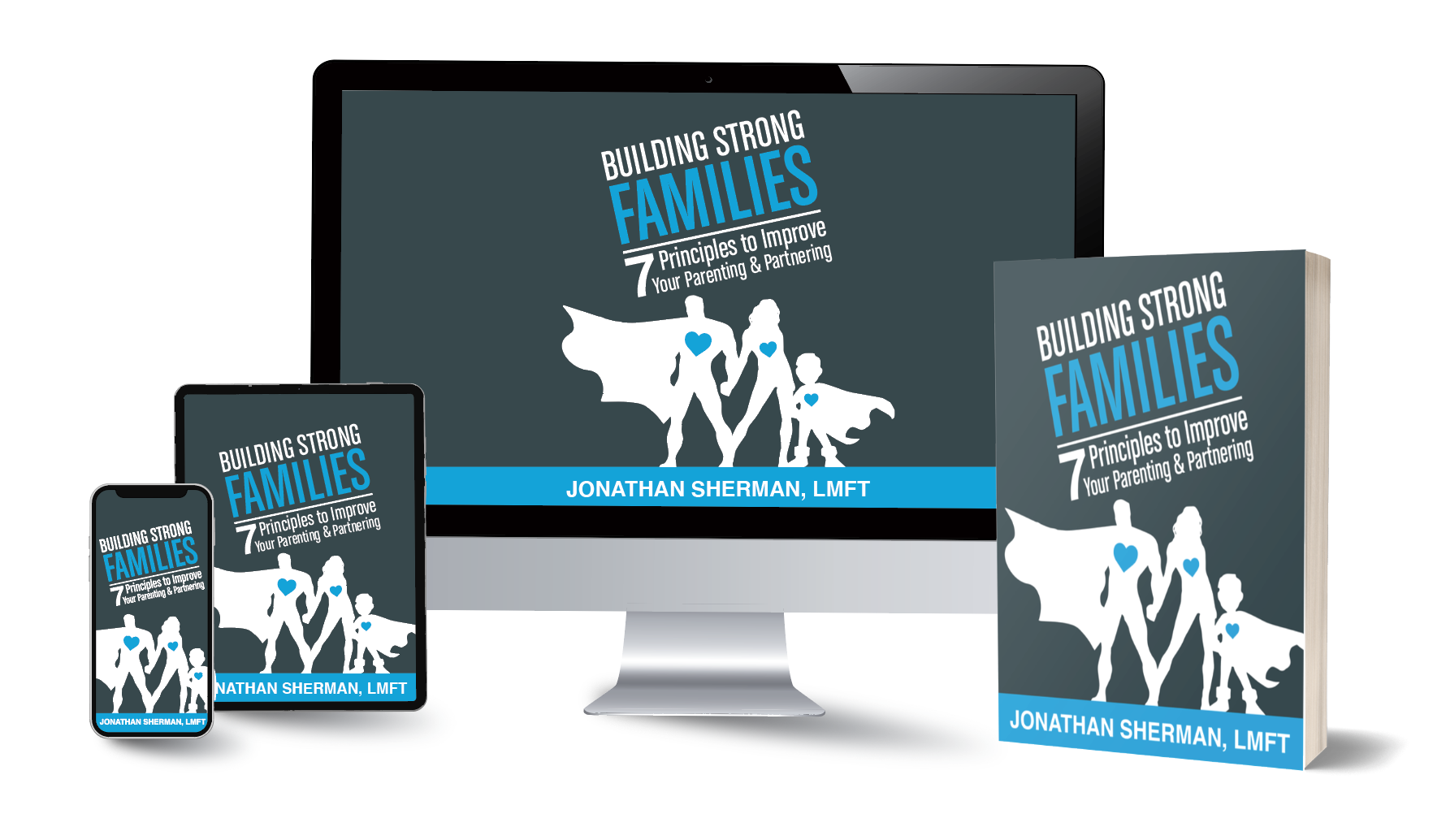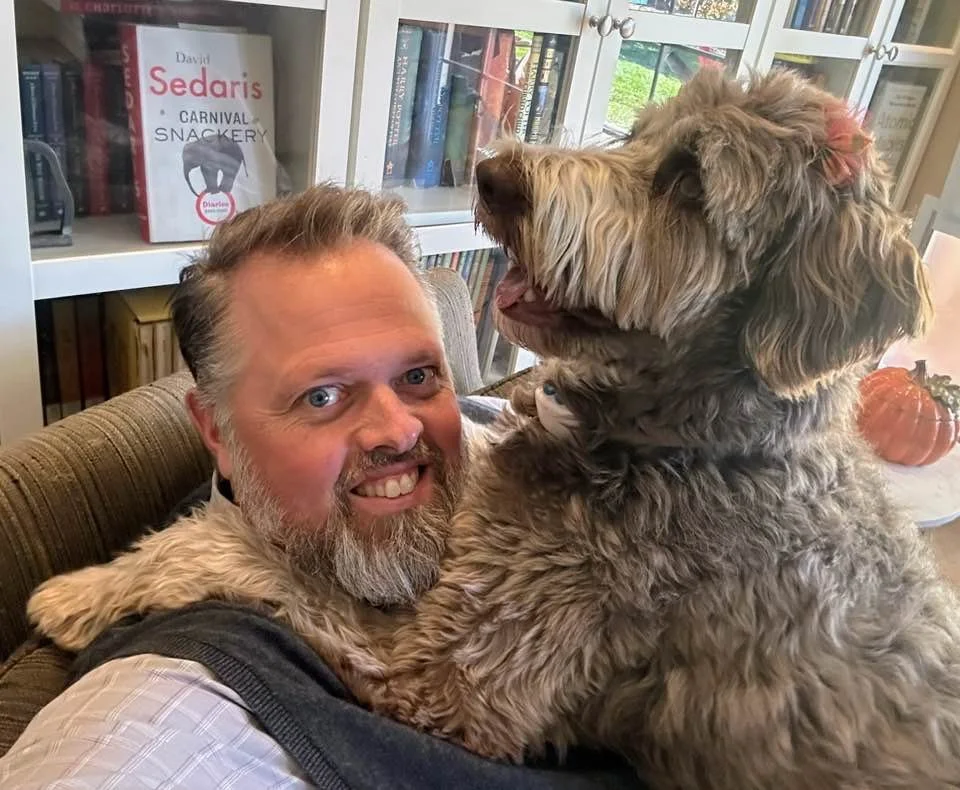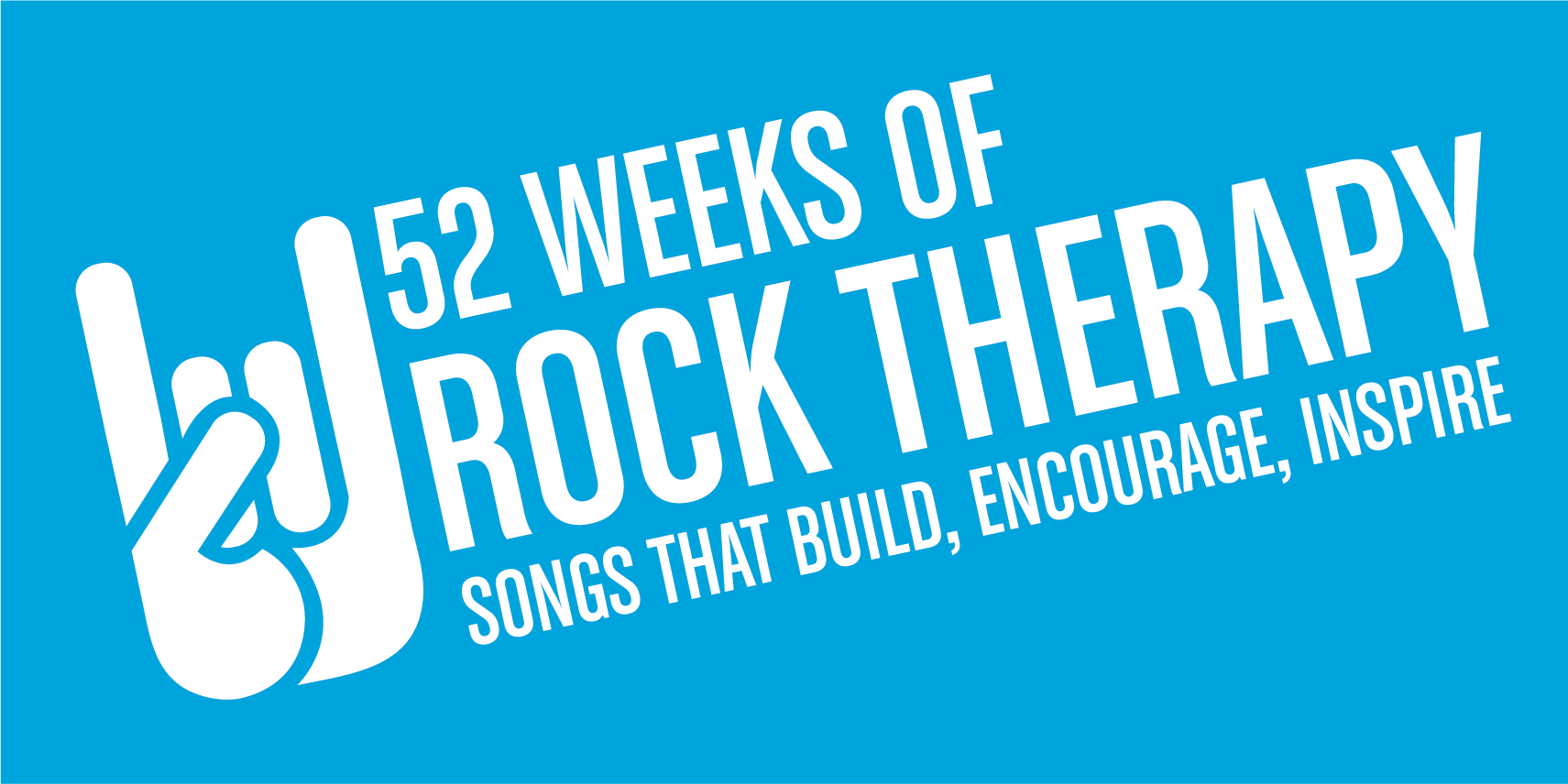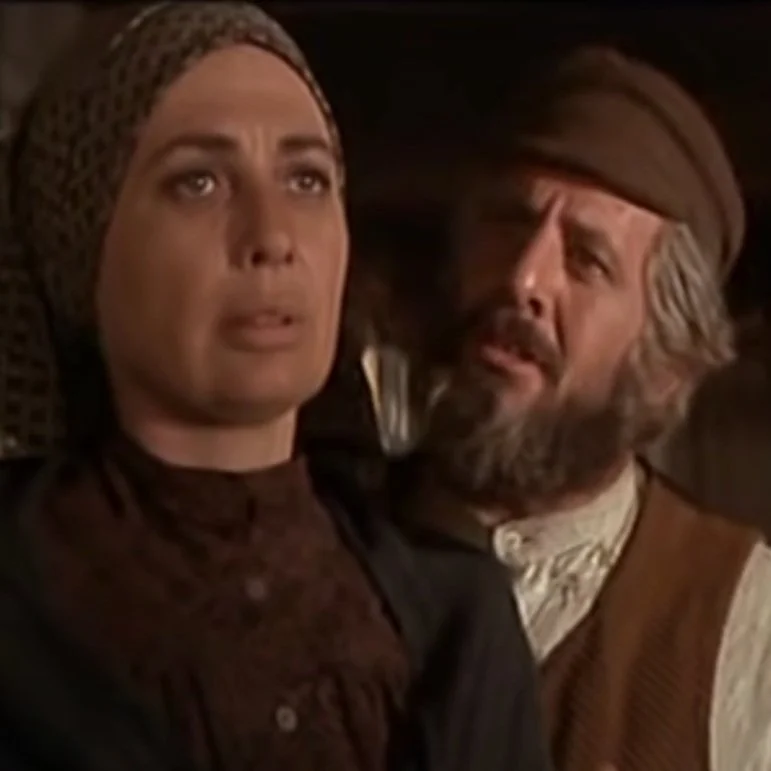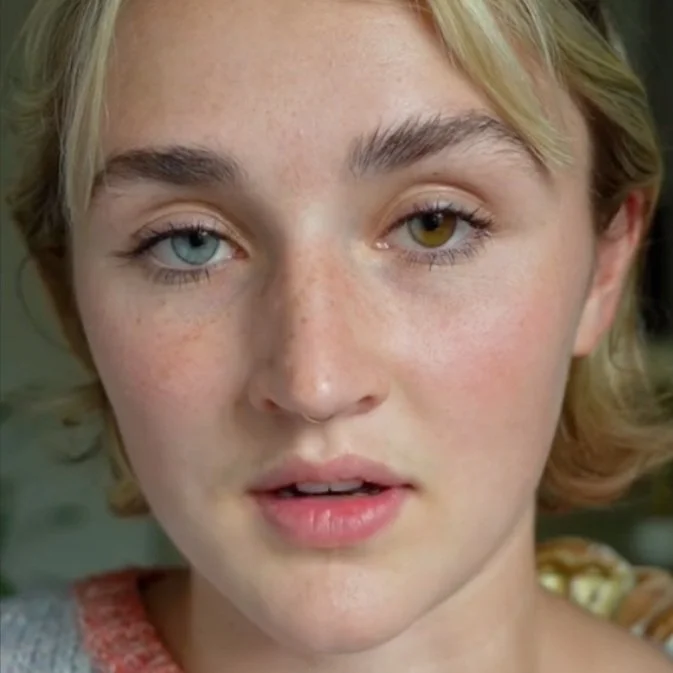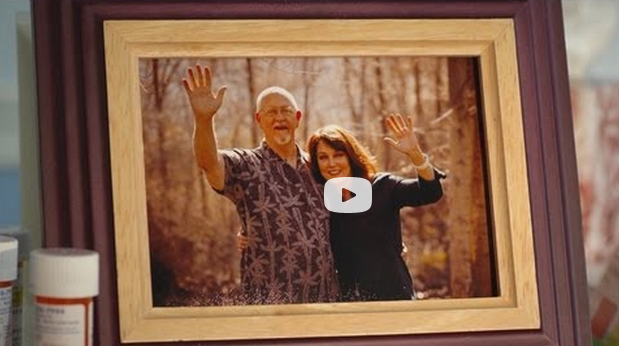Ask an MFT: Questions from College Students About Being an MFT
/ASK AN MFT: I spoke to a Family Systems class at Utah Valley University (UVU) about being a Marriage & Family Therapist. I had the students ask me questions ahead of time online. What questions would YOU ask? Here are their questions (organized in topics) that we covered.
Podcast coming soon: I recorded this Q&A and will post as a podcast for those who are interested in the answers I gave.
See what they thought: Their evaluation results are below.
You do a better job of connecting and marketing than most MFTs I know, and the students will be inspired by your energy." —Lori Schade, LMFT, UVU Adjunct Professor
[divider] [/divider]
THE QUESTIONS
More than “Just” MFT 1. What do Marriage & Family Therapists treat? What kind of clients and issues do you see and deal with on a typical day?
In Session: Models & Approach 2. How do you decide which model/approach/theory to use when you meet with a couple? What is the information that is given to you from a client that directs that decision? 3. How do you show empathy to your client's problems and still be able to maintain your professionalism? 4. As a counselor do you find it more effective to help client's work out solutions to their own problems and only give them advice when they ask for it or what?
Couples: Revitalizing Marriage 5. What would you recommend a couple do to reclaim their marriage and have a GREAT relationship again? They love each other, get along well, work through their stressors well, but are “stuck in a rut,” their marriage has taken back-burner status and they are running on “auto pilot.”
Couples: Marriage Prep 6. What advice would you give to a couple before they get married? What should couples know before they get married?
Couples: Counseling One-Half of the Couple 7. What do you do when a couple comes in, and only one partner is trying to make their marriage work? 8. What if the other partner is stonewalling and wants nothing to do with the therapy sessions? 9. What happens with the other partner who wants to make it work?
Couples: Abuse & Domestic Violence 10. When a person has experienced an abusive marriage how do you counsel the person to be able to once again trust in a new relationship?
Being a Therapist: Making the Decision 11. What motivations drove you to become a marriage therapist? 12. Where did you get your MFT? 13. Is Utah a good place to do marriage therapy? How do I get clients to come to me?
Being a Therapist: Passion or Burnout? 14. How do you keep from becoming too emotionally involved or just plain burned-out? Do you find it can be very emotionally draining sometimes and if so how do you cope with that? 15. Do you know if many therapists seek counseling themselves to help them deal with their profession?
Being a Therapist: Impact On Your Own Marriage 16. Do you apply all the techniques that you give to the couples who come to you to your own marriage? 17. Does being a marriage therapist put stress on your own marriage, or does it give you a greater appreciation of how good you have it in your marriage? 18. Is there a high divorce rate among therapists because they spend so much of their time helping others that they are emotionally unavailable in their own relationships? 19. I imagine that you hear and feel more than your share of negativity and hopelessness, therefore, how do you not allow that to spill over into your important personal relationships?
Helping Your Family & Friends 20. I have a teen sibling with low self esteem. I am studying to be a therapist and have worked with troubled teens. When I talk to her about anything she shuts down because she thinks I am trying to "fix" her. How do you counsel your family members without them feeling like you are using the skills you learned for your job on them?
More Questions? Some have already been answered and more are coming! Visit the PRACTICE BUILDERS FOR PROS blog at MarriageEnvy.com/PracticeBuilders
Articles available now • Technology & Remote Counseling • Marriage & Family Therapist makes “50 Best Careers of 2011″ List • Clients on Facebook? Okay or Not? • For Pros: Working with Latency-Age Children • Tagline: Answer Their Pain • How to Thrive in Private Practice, Parts 1 • How to Thrive in Private Practice, Parts 2 • For My Colleagues: Making It as an Entrepreneur • PDF: 11 Ways to Thrive in Private Practice article
Upcoming posts... stay tuned! • Refusing to Devalue Your Work • Insurance Billing Resources for Private and Group Practices • Being a Marriage and Family Therapist • Don’t Be Too Quickly Flattered • Podcast Interview: 21 Questions for Jonathan Sherman on Being a Therapist • Podcast Interview: Questions from a Student Considering the MFT Field • Is Couples Therapy Stressful? • Is Private Practice for You? • “It’s a Long Way to the Top if You Wanna _________.” • MFT Info Link resources
[divider] [/divider]
Book Jonathan
Please fill out this Speaker Request Form to book Jonathan to offer this presentation to your group. Thank you.
[divider] [/divider]
Evaluation Results
I don't filter my evaluation results I give them here as straight as I get them. I figure if you're making the important decision to select the right speaker for your group is it better to just get filtered positive only testimonials about a potential speaker or to know how people respond to the speaker including both those who loved it and didn't? So if someone thought I stunk you'll hear it hear first. Obviously, I don't try to make everyone happy. Part of my utility is to get people out of their comfort zones. If the majority love an approach I use in a seminar I'll continue those items that resonate with most. If the majority hate an approach I'll drop it. If one or two people don't like what the majority love, then I don't give much heed to those critiques, of course. However, I appreciate all feedback, which is one of the reasons my evaluation results are consistently high: My audiences teach me what they like and what works best for them and I listen.
My evaluation form contains the following items:
1-10 Rating: "Please rate your overall experience of this presentation"
Screen shot 2012-09-12 at 1.39.50 AM
The Good: "What was brilliant, superb, exhilarating, life-altering, or opened the heavens for you? In short, what did you like about the presentation?
One Thing: "What's one thing that you plan on using and/or implementing into your life from this presentation?" This tells me out of everything what was the one thing that had the most meaningful impact.
The Bad: "What stunk, turned your stomach, gave you a headache, made you dizzy, or gave you gas? In short, what didn't you like that could be improved and/or what would you like to see covered that wasn't? (Go ahead, I can take it!)"
Requested eZine: This is actually also an evaluation measure: You'd think that someone who would give a lower rating didn't like the presentation. However, while it may not have been the favorite for that person, they got enough out of it that they would like to receive emails containing articles, tips, strategies and events on these topics from me.
Event: UVU Intro to Counseling and Psychology, Guest Speaker for Professor Lori Schade, LMFT Date: 9-7-2012, 2.5 hours Attendance: 18 Number of Evals Returned: 11 Average Rating for this Event: 9.5/10
[table] Rating,The Good,One Thing Different,The Bad,eZine?
10,"Great, very insightful and reassuring.","I'll look more into DBT.","It's all good!",-- 10,"I like that all questions were answered that the way it was presented it was relaxed, knowledgable, skilled. I liked his sense of caring for his audience and their concerns. That can tell us the person he is as a therapist. Very informational. Gained a lot of insights from it.","The model of genuine caring for your client and to see them as a struggling person and not a messed up one.","Nothing bad :-). Thank you!",Y 1o,"I really enjoyed when you talked about when a client enters the room you picture yourself 'What if it was me?' or think 'What if this was my daughter?' and treat them accordingly. You simply care for the client.","Learning about balance and learning to value myself and what I am doing. Learning to see and treat the system.","Really enjoyed the presentation and insights.",Y 10,"I liked the heads up on what happens in the real world and what you won't learn in school. I thought the information was VERY VALUABLE.","I want to take a look at mindfulness training.",--,Y 10,"You jumped around and covered so much stuff. Thank you. I enjoyed your obvious expertise and how confident you are saying that. Total and complete acceptance. The humanness/caring/honesty factor. Good stuff.","My husband—brilliant, genius, broken man—has borderline personality disorder. It kills, it is so hard. Anyway, I will familiarize myself with the DBT strong points and give him A LOT more acceptance as he works through his crap. I can't fix him. 'Partner, not therapist.' Yes!","Only wish there was more time!",Y 10,"Very personable. Good, natural flow in his lecture.","What you said about 'It's okay to be uncomfortable. It's okay if they are mad at you.'","Just how long it was.",Y 10,"Very knowledgable on how to help others cope and be able to keep boundaries and still be able to help people. Gave information about how to be yourself and take care of you. Realize to accept people for you they are and you're not trying to change them even as you're helping them change.","Learn to implement balance when speaking with people. It's okay to show emotion, but learn how to deal with it so you don't feel the burnout.","Nothing.",-- 9,"Great information and ideas for our furture as therapists and what to expect.","Focusing on where my center is and being confident with who and what I am.",--,Y 9,"I liked being able to ask questions rather than a set agenda. The business/practice-related advice was also very good, as well as the advise for picking a theory to specialize in while also being eclectic. The obvious (to me at least) Jungian principles were also great because I love Jung's theories.","The 'professional tithe' you do with your pro-bono work and studying to find my own balance.","I felt really good about it.",-- 8,"Balance between being detached and open. 'I'm my own worst enemy'-->How you pointed out that you wouldn't say that to someone else so don't say it to self.","Showing appropriate emotions with clients.","Thanks for coming!"-- 8,"Valuing myself and my work. I can see myself owning my own practice as a counselor and this gave me a vision of the path I need to walk and get there. It was inspiring and lifted my hopes and desires to continue down this path. Compassion for your clients makes up for your lack of knowledge and ability early on as a new therapist.","Go forward towards my dream. Don't give up. Center on how the person is. Don't take it all in.","By leaving the lights turned down I found my eyes and mind drifting to the computer and the screen and wondering 'What else we would watch' (must be my ADD). Perhaps I would focus better if the projector was off and the lights back on. After the break was great--lights on = eyeballs click.",Y
[/table]
Event: UVU Family Systems class, Guest Speaker for Professor Lori Schade, LMFT Date: 9-11-2012 Attendance: 20 Number of Evals Returned: 14 Average Rating for this Event: 9.6/10
[ws_table id="1"]
Q: What questions would YOU like to ask about the field of MFT or what it's like to be a therapist?


